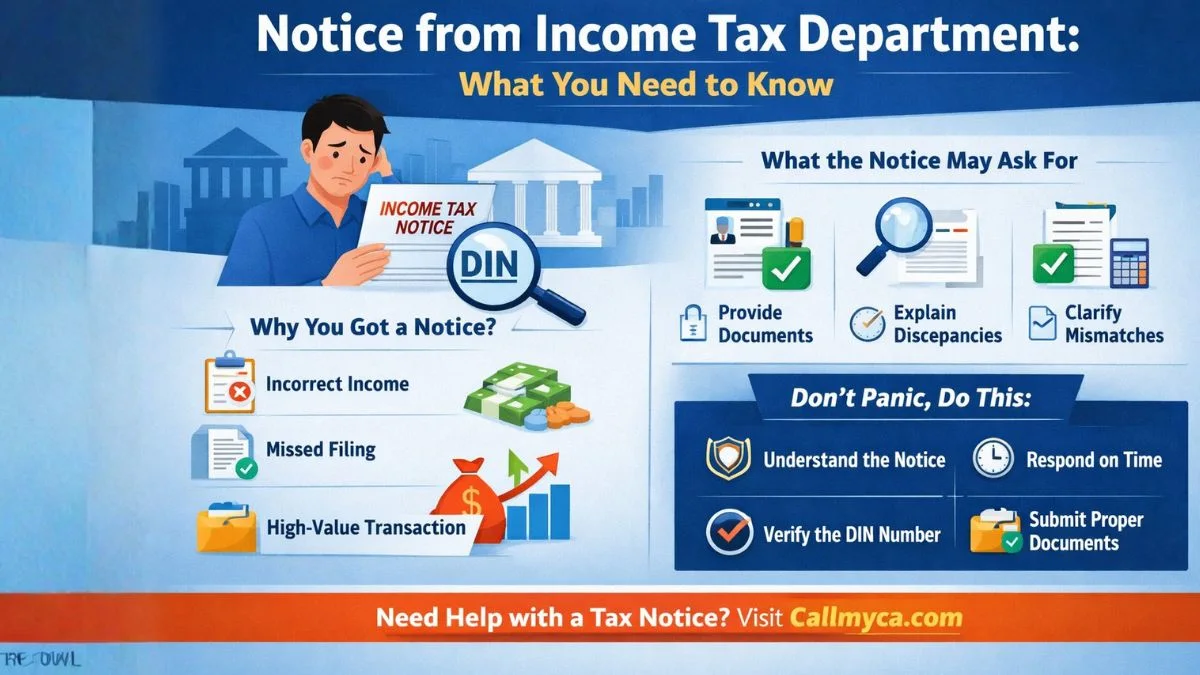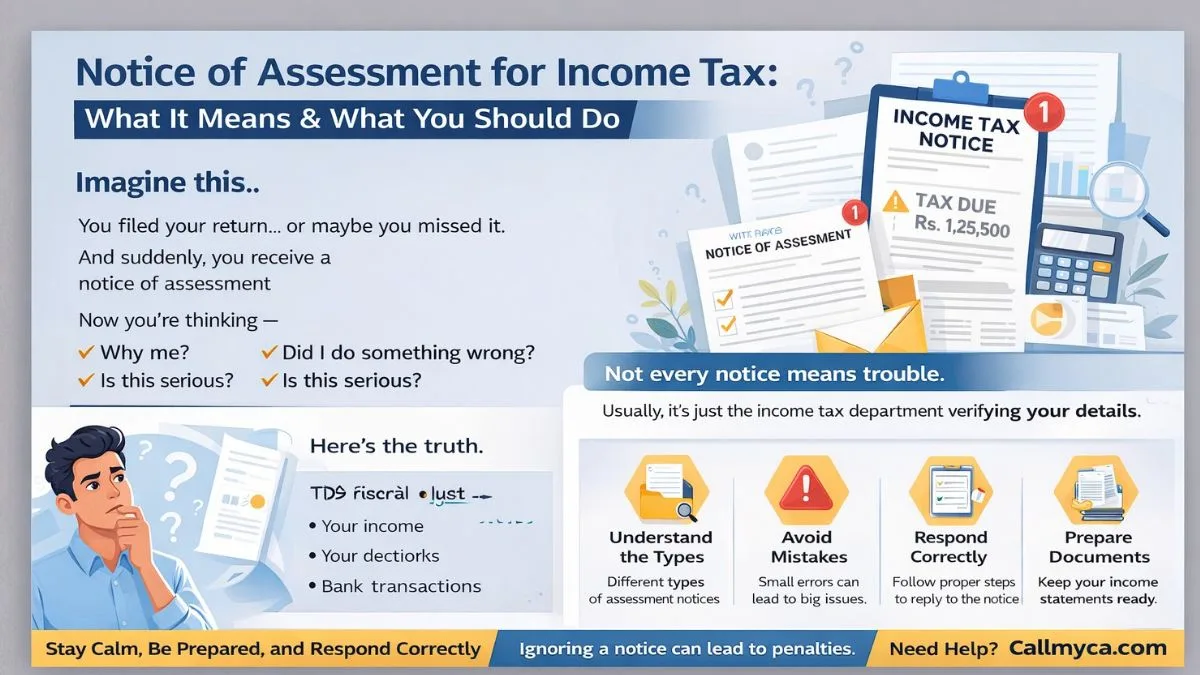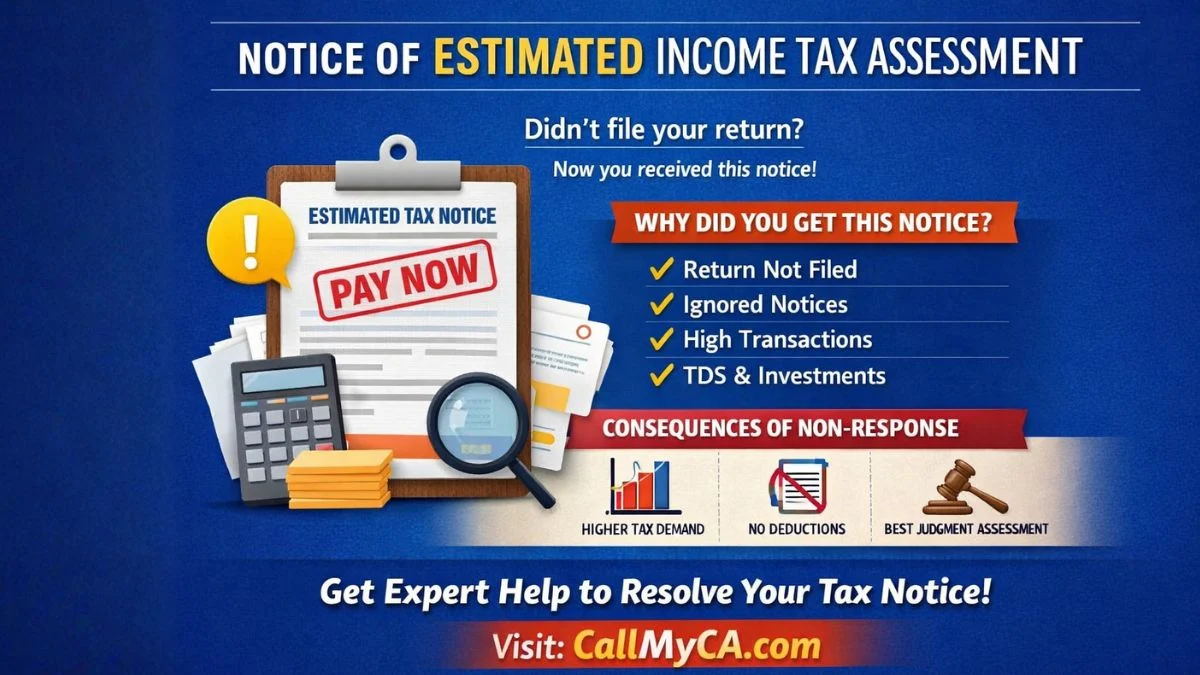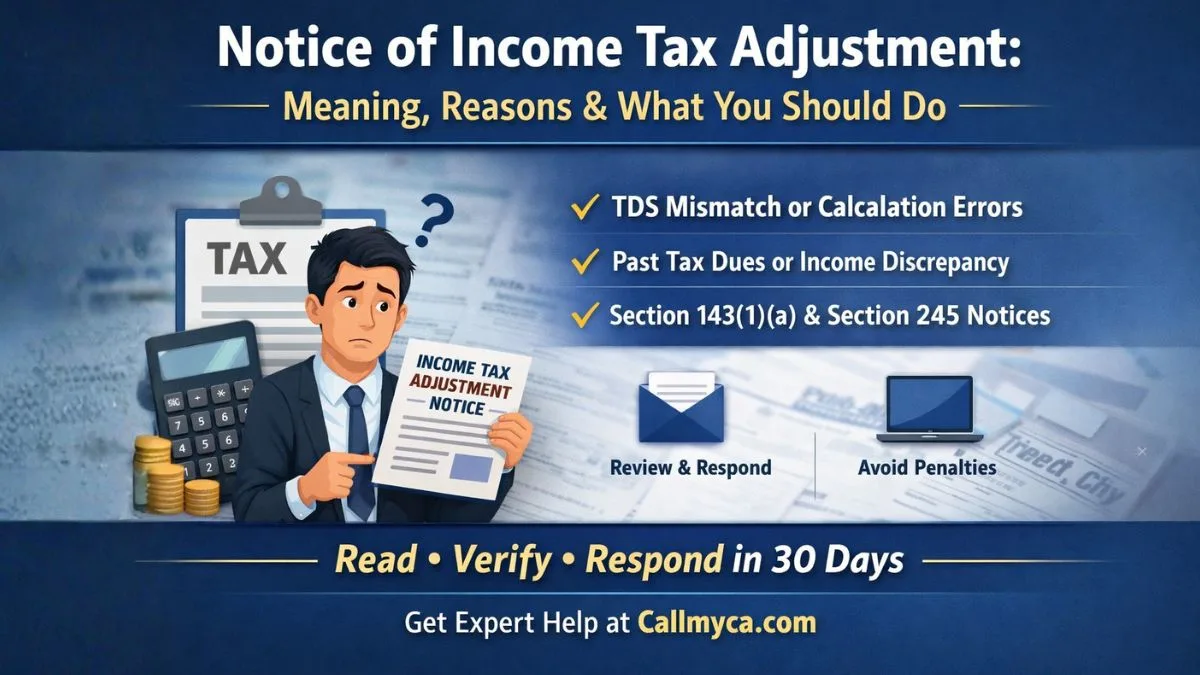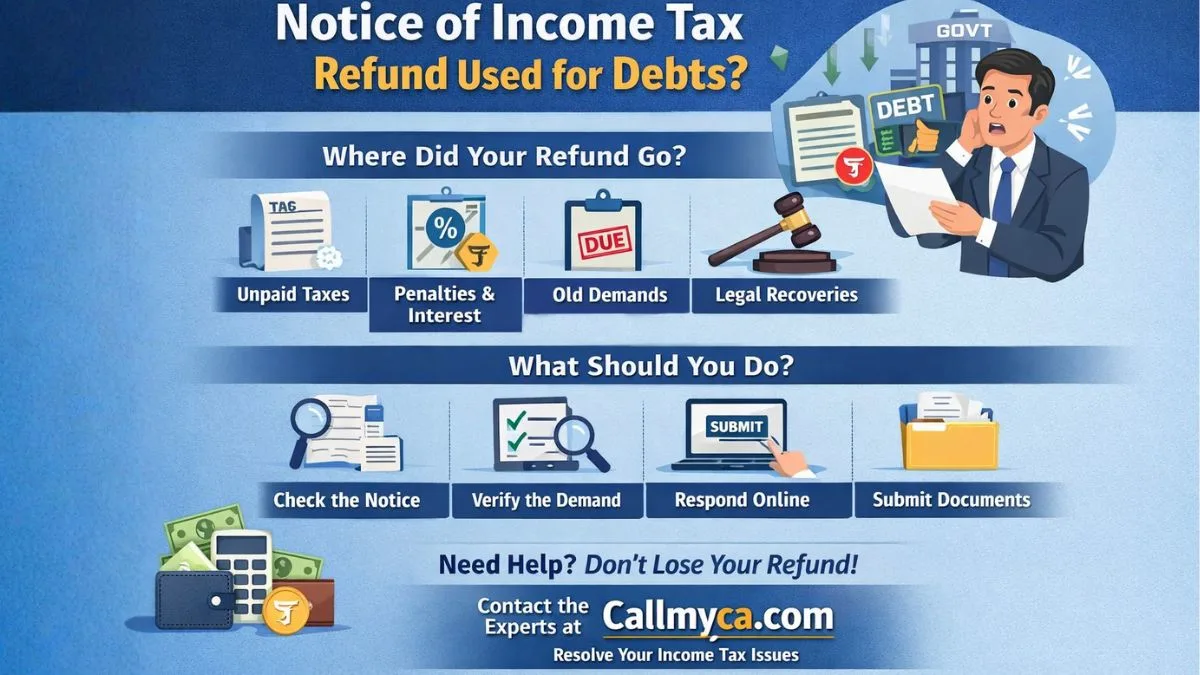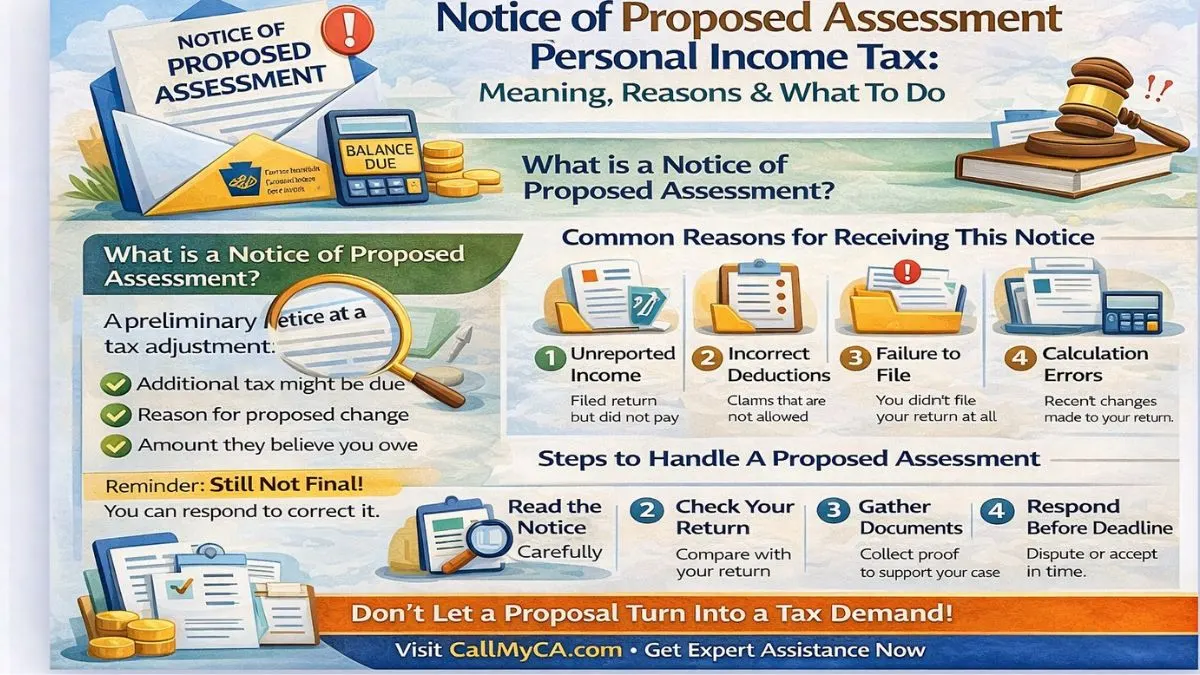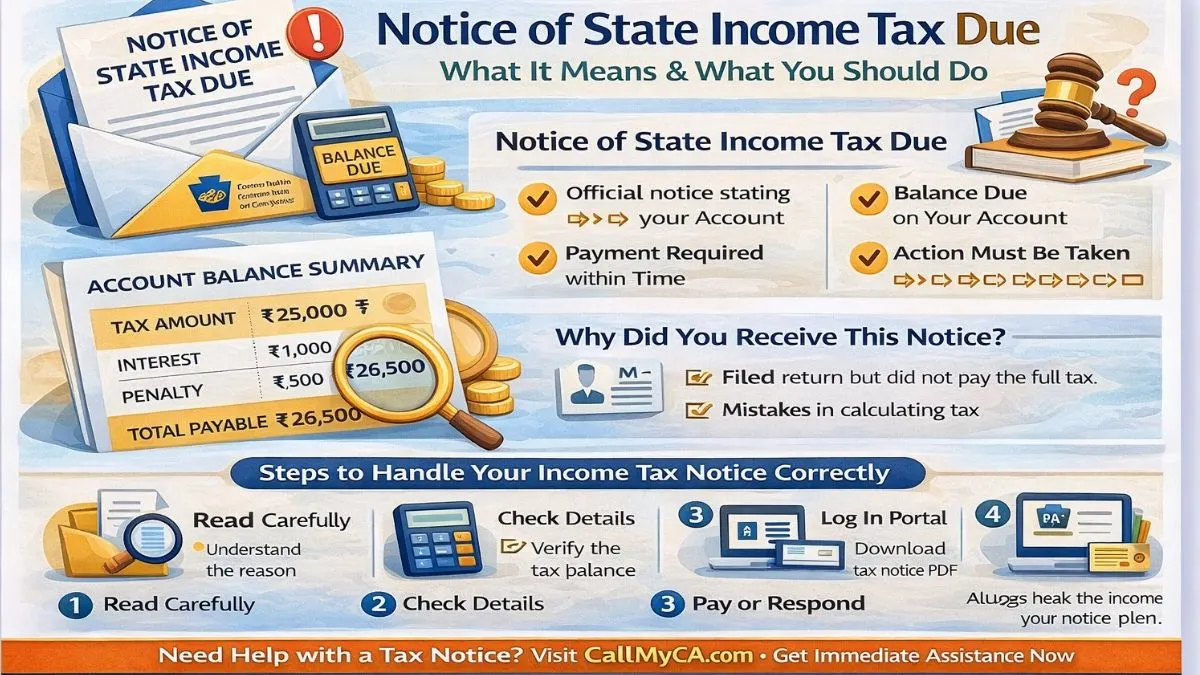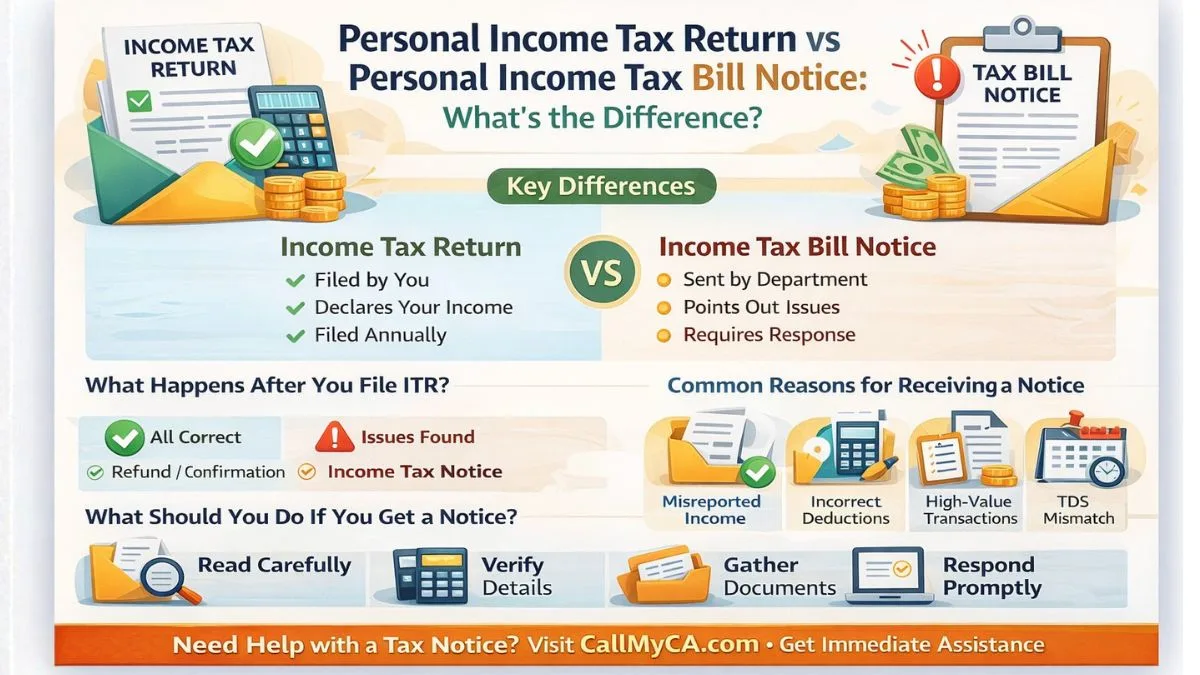
Even though India has moved towards a digital & transparent financial system, some business practices—especially in traditional trading communities—continue to rely on old instruments such as hundis. A hundi is a historic credit instrument used for lending, travelling funds, or trade settlements among merchants. It served as a trusted tool long before modern banking arrived.
But the moment a hundi meets the Income Tax Act, a different story begins.
Section 69D imposes strict rules on the taxability of amounts borrowed or repaid on a hundi otherwise than through an account payee cheque. In simple words, the law does not want hundis to become a channel for unaccounted money or cash-based lending. If a person borrows or repays a hundi in cash, the Income Tax Department can treat this amount as taxable income.
For many taxpayers, this feels surprising. How can a loan become income? But under Section 69D, it does.
What Exactly Is a Hundi? (A Quick Refresher)
Before discussing taxability, you must know what a hundi stands for. Historically, hundis were handwritten instruments used for lending, credit, remittance, and trade settlements. They worked somewhat like a bill of exchange—trusted in communities where relationships & reputation were the backbone of business. Even today, in certain trade sectors, hundis quietly operate in the background.
But when tax laws tighten, traditions must adapt.
Section 69D directly targets the use of hundis involving cash.
Core Rule of Section 69D — What Triggers Tax?
The law is simple but strict:
Any amount borrowed or repaid on a hundi otherwise than through an account payee cheque shall be deemed to be the income of the borrower for that year.
Let’s highlight the keywords you asked for:
- Amount borrowed or repaid on hundi
- Amounts borrowed or repaid on a hundi otherwise than through an account payee cheque"
- Deals with the taxability of amounts borrowed or repaid on hundis
So the moment a person uses cash—instead of an account payee cheque—to borrow or repay a hundi, the Income Tax Department assumes the transaction is not genuine or not properly disclosed in books. And therefore, it treats the amount as income.
Also Read: Tax on Unexplained Money, Bullion, Jewellery & Valuables
This means:
✔ Borrow cash on hundi → taxed as income.
✔ Repay cash on hundi → also taxed as income.
✔ Use a bearer cheque? Still counted as cash.
✔ Use only account payee cheque → no tax under Section 69D.
Why Does the Law Treat It as Income?
Hundis operate outside the banking system. Cash hundi transactions are impossible for tax authorities to track. They can easily become routes for:
- Changing black money to white
- Concealing loans
- Inflating expenses
- Avoiding TDS or disclosure"
To prevent this, Section 69D places the entire burden on the taxpayer.
If you want to use hundis, the rule is:
No cash. Only account payee cheque.
Practical Example: How Section 69D Applies in Real Life
Scenario 1 — Borrowing a Hundi in Cash
Mr. A borrows ₹5,00,000 through a hundi & pays the lender cash.
Since he borrowed on a hundi otherwise than through an account payee cheque, the entire ₹5,00,000 becomes his deemed income.
Tax is charged at applicable rates.
Scenario 2 — Repayment in Cash
Mr. B repays ₹2,00,000 of a hundi liability in cash.
Even repayment triggers the same consequence.
The ₹2,00,000 is added to Mr. B’s income.
Scenario 3 — Using Account Payee Cheque
Mr. C borrows & repays both transactions through an account payee cheque.
No tax addition under Section 69D.
The law recognises this as a clean, transparent transaction.
Why Hundreds of Notices Are Issued Under This Section
With data analytics and AI-based scrutiny, the Income Tax Department now tracks:
- Unreported loans
- Cash entries in books
- Suspicious deposits
- Old-style community lending networks
Many taxpayers face sudden Section 69D additions during assessment because they believed hundi transactions were “internal” or “informal” & didn’t require formal accounting.
The law does not agree.
Also Read: When Your Spending Turns Into Taxable Income
How Section 69D Interacts With Other Cash Provisions
While the keyword list requires providing supporting sections in a natural flow, here is how Section 69D relates to other parts of the Act:
- Section 269SS prohibits accepting loans or deposits in cash of ₹20,000 or more.
- Section 269T prohibits repaying loans or deposits in cash.
- Section 68 deals with unexplained cash credits.
- Section 69 & 69A deal with unexplained investments & money.
Section 69D is more specific—it applies only to hundis.
Does Interest on Hundi Also Get Taxed?
Interestingly, Section 69D deals only with the principal amount borrowed or repaid.
But interest paid on hundis may still be disallowed under other sections if not properly explained or accounted for.
So you could end up with:
- Principal added under Section 69D
- Interest disallowed under Section 37 or Section 40
This is why CA-level documentation is essential.
Can Penalties Apply? Yes. Indirectly.
Though Section 69D itself does not impose penalties, once a hundi amount becomes “income,” it may lead to:
- Penalty under Section 271AAC
- Prosecution under inaccurate reporting
- Higher scrutiny for future years
How to Avoid Issues Under Section 69D
Here’s the simplest checklist:
- ✔ Never borrow or repay hundis in cash."
- ✔ Use only account payee cheques.
- ✔ Maintain proper ledger records.
- ✔ Report hundi transactions in books.
- ✔ Avoid traditional lender networks that operate on cash.
Also Read: A Deep Dive into Unexplained Investments
Why Section 69D Is Still Relevant in the Digital Era
Even with UPI & online banking, cash-based hundi systems continue in:
- Textile markets
- Kirana wholesalers
- Agricultural mandis
- Small-town businesses
- Transport & logistics networks
But modern tax laws do not allow "traditional secrecy."
Section 69D reminds taxpayers that transparency matters more than tradition when it comes to compliance.
Conclusion
Section 69D of the Income Tax Act is one of the clearest anti-cash provisions in tax law. It directly deals with the taxability of amounts borrowed or repaid on hundis, and if the transaction happens otherwise than through an account payee cheque, the amount becomes taxable income. In essence, the law wants hundi transactions to stay transparent, documented, and banking-verified. Even one slip—like accepting or repaying cash—can convert a simple financial dealing into an income addition that nobody wants.
If you ever receive a notice involving hundis, cash deposits, or unexplained money, you should not handle it alone. Connect with a CA instantly at CallMyCA.com — your trusted partner for clean compliance & stress-free tax solutions.

